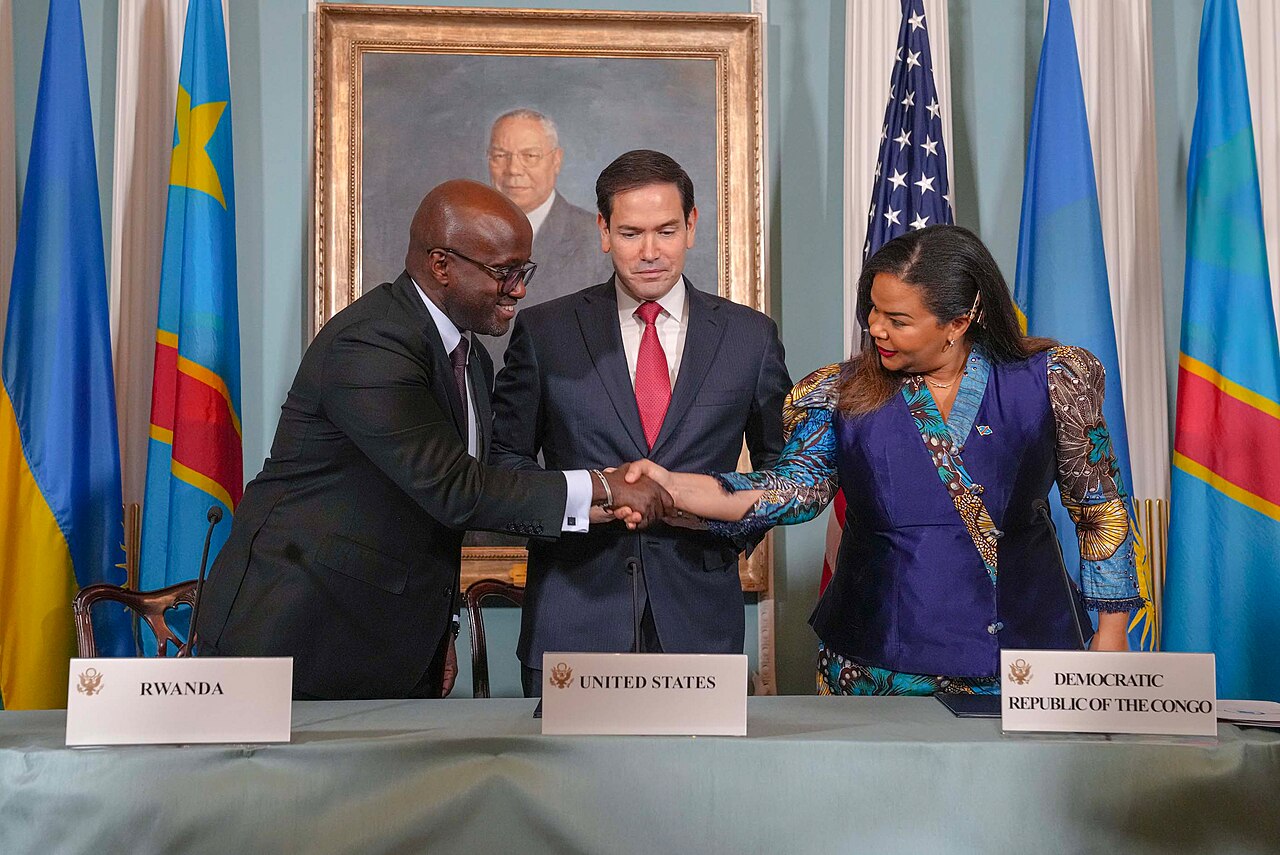
DRC-Rwanda: Why the 27 June Agreement is not Enough and How CENCO-ECC might Improve the Odds of Peace

On 27 June, a Peace Agreement between the Democratic Republic of Congo and the Republic of Rwanda was undersigned in Washington, witnessed by the US government. The agreement is based on the “Declaration of Principles” undersigned on 25 April by the Congolese and Rwandan Ministers of Foreign Affairs.
This is the last in a series of agreements and arrangements concluded over the last 25 years which never resolved the basic problems underpinning the recurrent conflict, notably the foreign security and economic policy of Rwanda, and the structural weakness of the DRC state and security forces. In their conception or implementation, they did not address the fundamental “root causes” of the crisis in the East either. Will it be different this time?
Two elements are new: it is the first direct bilateral peace agreement between DRCongo and Rwanda, to a certain extent guaranteed by the US state department. It is concluded between the real decision-makers but ignores most existing procedures and regulations set up after previous crises. Secondly, it considers economic aspects crucial for durable peace, while political issues are simply discarded.
CLICK “VIEW PDF” BELOW FOR ACCESS TO FULL POLICY BRIEF
(Photo credit: Wikimedia Commons)